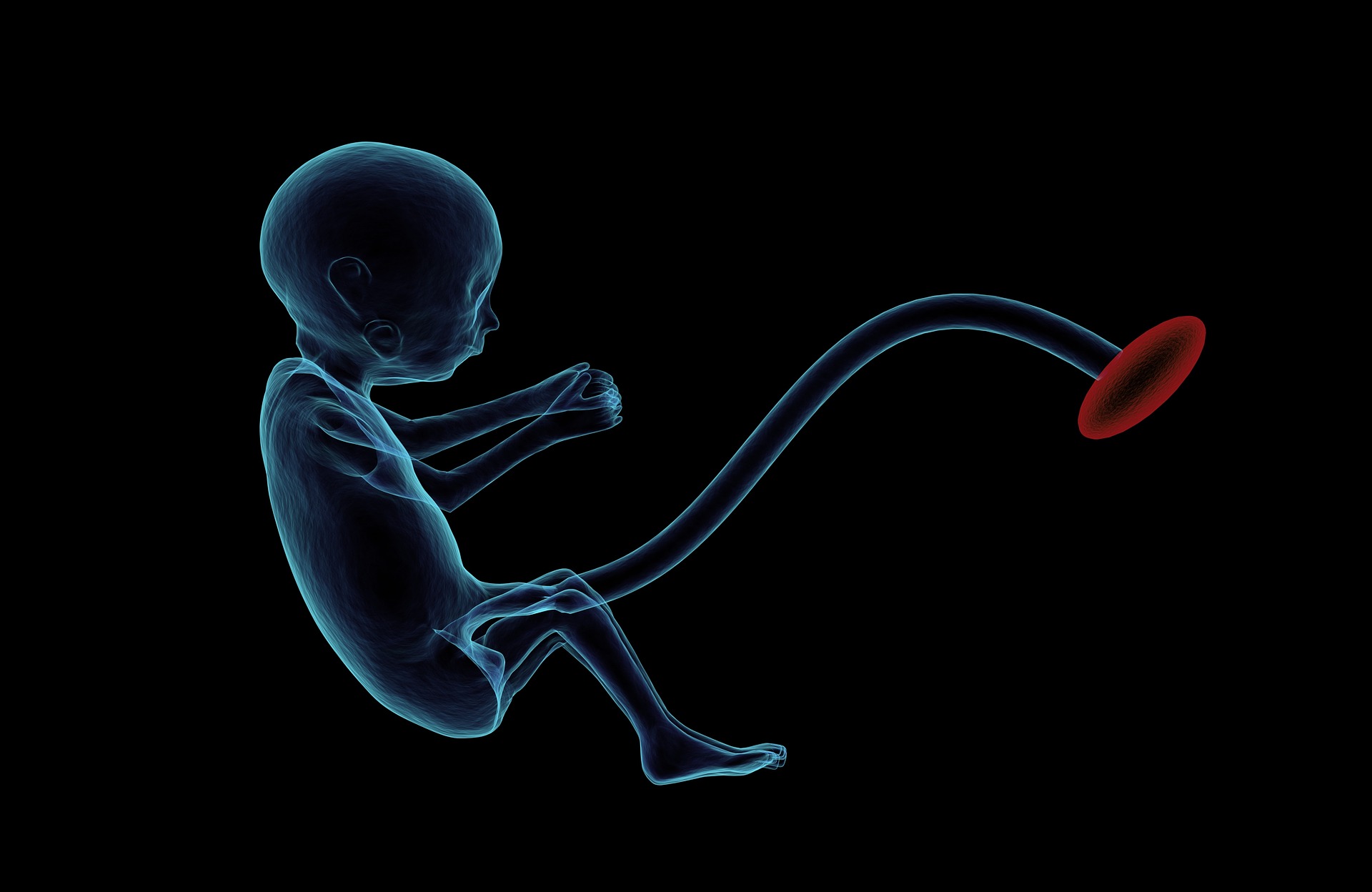
ACMG Strongly Recommends NIPS for Common Trisomies for All Pregnancies
2022/12/19 16:15:00 Views£ļ940
Original from: Genomeweb
The American College of Medical Genetics and Genomics strongly recommends noninvasive prenatal screening (NIPS) over other screening approaches for detecting common fetal trisomies for all pregnant patients, according to new practice guidelines published on Friday.
In 2016, ACMG recommended that pregnant patients be made aware that NIPS °™ a screening test in which cell-free fetal DNA in blood samples from pregnant patients is analyzed °™ was available and that it had better sensitivity for detecting fetal trisomies 21, 18, and 13 than traditional biochemical and ultrasound-based screening approaches. While the organization said at the time that NIPS for fetal aneuploidy had "arrived," it noted that improvements could still be made.
Following an evidence review published in May, ACMG now strongly recommends NIPS for fetal trisomies 21, 18, and 13 in both singleton and twin pregnancies. It further recommends offering NIPS for detecting fetal sex chromosome aneuploidies for singleton pregnancies. The shift in recommendations was driven largely by evidence establishing the high accuracy and low false positive rates of NIPS.
"We hope that clinicians who may have previously been reluctant to offer NIPS to all patients will now feel secure in doing so," first author Jeffrey Dungan, chief of clinical genetics in the obstetricsand gynecology department at Northwestern University, said in an email. "The studies our team used to develop these guidelines certainly support this technology for use in the general-risk patient."
The new practice guidelines appeared Friday in Genetics in Medicine.
In the May evidence review, an ACMG working group led by the University of Utah's Nancy Rose determined that NIPS had high performance for detecting the three most common trisomies. For instance, their analysis, which weighed findings from nearly 90 studies, found NIPS detection rates of 98.8 percent for trisomy 21, 98.83 percent for trisomy 18, and 92.85 percent for trisomy 13.
Since these findings indicated improved accuracy of NIPS for detecting those common trisomies in both singleton and twin gestations over other approaches, the ACMG now strongly recommends it over traditional screening approaches for the general-risk population.
The society additionally recommends that NIPS be offered for fetal sex chromosome aneuploidy detection in all singleton pregnancies. As fetal SCA cannot be found through traditional screeningapproaches, the working group was unable to compare NIPS to different approaches in this case but noted that its screening performance was high. Specifically, the overall detection rate of fourcommon SCAs °™ monosomy X, XXX, XXY, and XYY °™ was 99.6 percent. They added, however, that the positive predictive values ranged across the conditions.
With ACMG now recommending NIPS for fetal trisomies 21, 18, and 13 and for fetal sex chromosome aneuploidies more broadly, such screening could become more widely available, as clinicians may now feel more comfortable ordering it. Dungan further noted that the recommendations could also guide insurers and health systems to cover screening for patients.
In the practice guideline, ACMG also conditionally recommends that NIPS for 22q11.2 deletion syndrome be offered to all patients. Though the evidence supporting screening for this condition was convincing, the number of studies that had been performed was lower than for the others, Dungan noted, leading to the "conditional" recommendation.
The working group further concluded that there was insufficient evidence to recommend NIPS for any other copy number variants or for rare autosomal trisomies.
In April, the US Food and Drug Administration issued a safety communication that warned patients that NIPS are screening tests; that the agency has not yet authorized, cleared, or approved any NIPS; and that any positive NIPS result needs to be confirmed with a diagnostic test.
According to Dungan, the ACMG "has long stressed the screening nature of this technology." Within the practice guidelines, he and his coauthors underscored the need for pre- and post-test counseling that stresses the optional and screening nature of NIPS, discusses what can and cannot be screened for, and notes that confirmatory testing is recommended for any abnormal result.
While the previous ACMG NIPS statement was in 2016, Dungan expects the next update to be sooner than six years from now. "We all recognize the accumulating experience and capabilities of this technology are advancing rapidly," he added.
Source: ACMG Strongly Recommends NIPS for Common Trisomies for All Pregnancies

- CAIVD WeChat
Subscription Account

- CAIVD WeChat
Channels
China Association of In-vitro Diagnostics
Part of the information in our website is from the internet.
If by any chance it violates your rights, please contact us.

